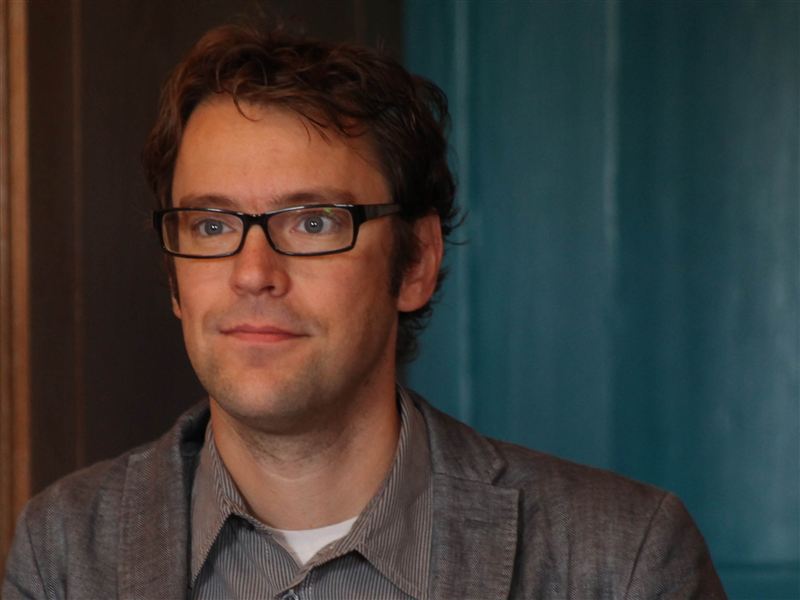The Economist om Sverige
 2 feb 2013, kl 11:17 |
2 feb 2013, kl 11:17 |  Lästips,
Lästips,  pressklipp
pressklipp Två bra texter om de nordiska ländernas framgångar i senaste The Economist: The next supermodel och The secret of their success, där jag faktiskt är citerad:
Government’s role in improving equality is also being questioned. Andreas Bergh, of Sweden’s Research Institute of Industrial Economics, argues that the compression of Swedish incomes took place before the arrival of the welfare state, which was a consequence rather than a cause of the region’s prosperity—and almost killed the goose that laid the golden eggs.
Dessutom – naturligtvis – humlan:
Goran Persson, a former Swedish prime minister, once compared Sweden’s economy with a bumblebee—“with its overly heavy body and little wings, supposedly it should not be able to fly—but it does.” Today it is fighting fit and flying better than it has done for decades.

Reader Comments (2)
http://www.economist.com/news/special-report/21570836-immigration-and-growing-inequality-are-making-nordics-less-homogeneous-ins-and
"Mass immigration is posing serious problems for the region. For the Nordic countries to be able to afford their welfare states they need to have 80% of their adults in the workforce, but labour-force participation among non-European immigrants is much lower than that. In Sweden only 51% of non-Europeans have a job, compared with over 84% of native Swedes. The Nordic countries need to persuade their citizens that they are getting a good return on their taxes, but mass immigration is creating a class of people who are permanently dependent on the state."
"In Sweden 26% of all prisoners, and 50% of prisoners serving more than five years, are foreigners. Some 46% of the jobless are non-Europeans, and 40% of non-Europeans are classified as poor, compared with only 10% of native Swedes. "